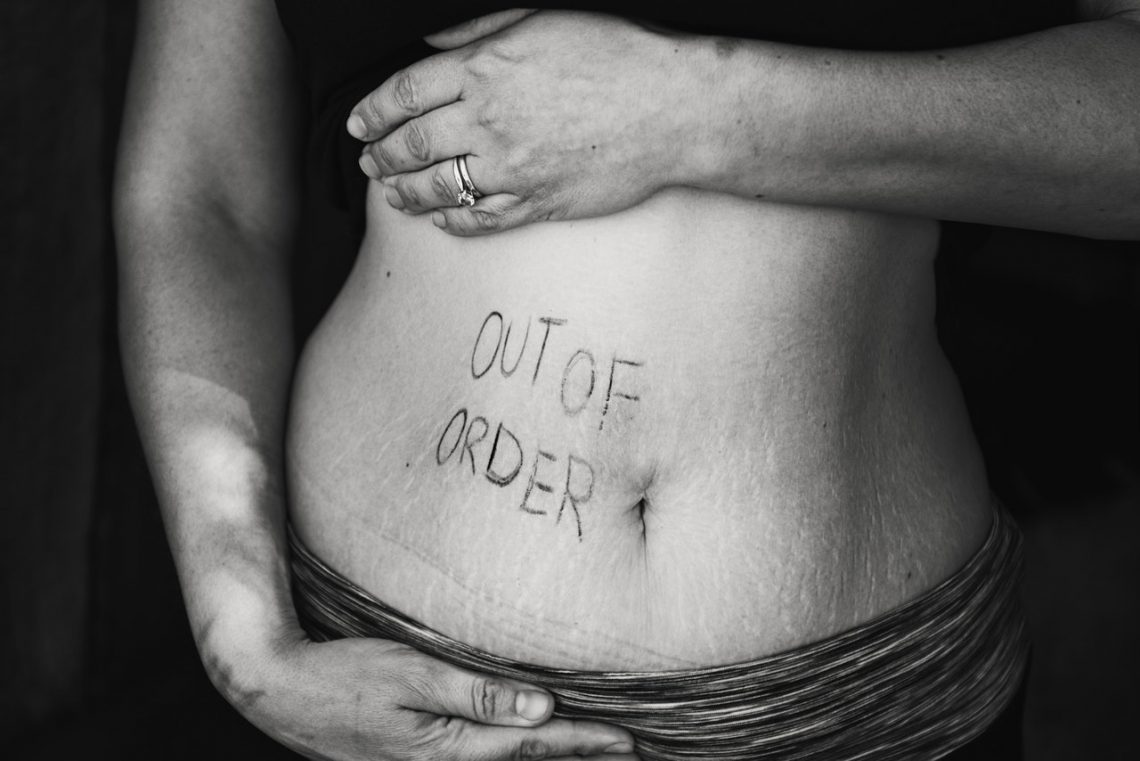
Though other cancers are far more competitive, faster-growing and virulent, bowel cancer develops and grows with few apparent symptoms and physiological changes, so people don’t know they have it. Often by the time, it’s discovered, cancer may have spread widely and metastasised, which directly impacts the probability of successful treatment and survival.
The gut is a subject we do not talk about quite often. Lots of people put the question into the class of confusing and somewhat embarrassing bodily functions, and many pay little attention to what is happening down there. There is a little open discussion about courage, so even should you pay attention, it is still tough to understand what’s normal and what to be aware of.
But a basic working knowledge of your digestion and bowel habit means that you can monitor your wellbeing and act early. Bowel cancer does give early warning signs you can consider. Through observing your gut and understanding what is normal and what to be aware of, bowel cancer can be found early.
You can also markedly lower your cancer risk through diet and lifestyle changes. The odds of getting bowel cancer is closely related to what we eat and how we live our lives. It’s a largely preventable cancer. By modifying your diet and taking other lifestyle steps, you may benefit your health both now and into the future. Having a healthy bowel can improve a lot of your health, not just your cancer risk.
Your digestive system is long and complicated. Protein is composed into amino acids, carbohydrates to glucose and fats into smaller, simpler components, while vitamins, antioxidants and minerals are extracted. It’s through the actions of the digestive tract that the food you consume is split into the parts utilised by your body.
The gut is a roughly 1.5-metre-long muscular tube that comprises the large intestine and the anus. It connects the small intestine into your anus and is the very last section of your digestive tract. While the rest of your digestive tract is busily breaking down and extracting nutrients, it is the gut that Bargains with the leftovers. While food comprises many nutrients we need, we do not use everything. Additionally, the digestive process itself generates by-products and waste material. These leftovers are concentrated and stored on your gut, before being expelled from your body as fecal matter, when you’ve got a bowel movement.
By the time food gets into the gut, it’s passed through your stomach and small intestine. The majority of the nutrients are removed. By this stage that the food you’ve eaten is unrecognisable from its original form.
The mixture also includes a whole lot of water, which comes from the food we’ve eaten and the fluids we have drunk. Among the chief functions of the gut would be to extract most of the water to be used by the body. Since the fecal thing travels down the stomach, it is converted from roughly 1.4 litres of sludgy substance to approximately 1 cup of firmer, more compacted matter, which can be passed when you’ve got a bowel movement.